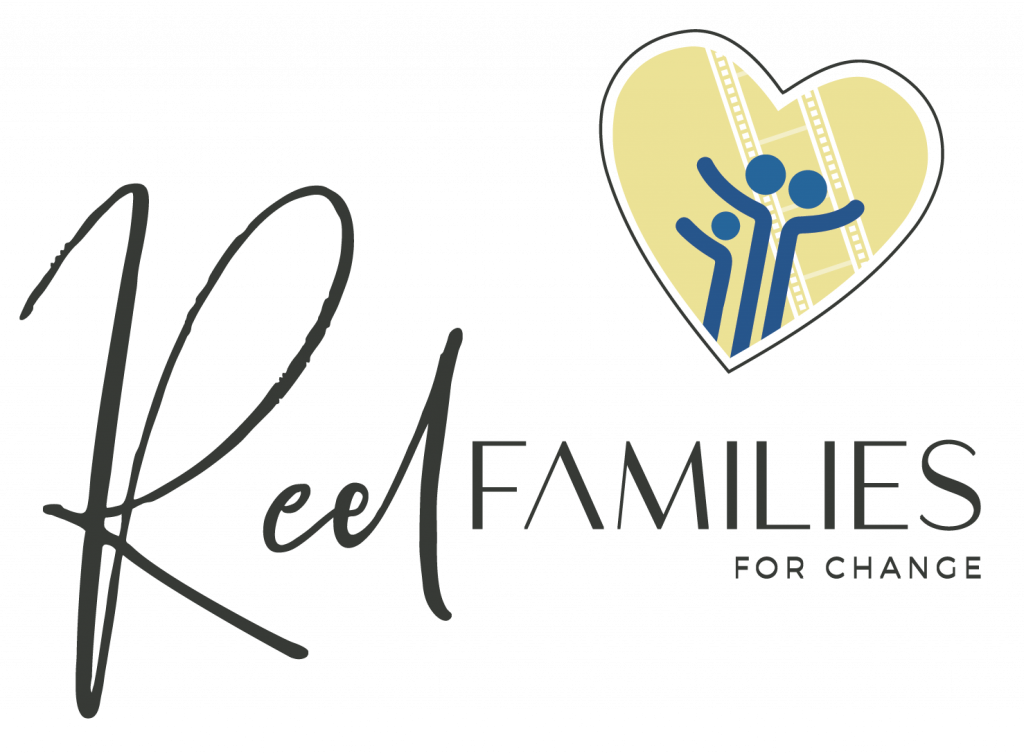building an ethos of care
Transforming the private sector's responsibility for workers
Written by Sarah Lutot
As we celebrate the momentous win for the Writers Guild of America (WGA) in obtaining their desired contract, now is the time to put the pedal to the metal and continue to ride this wave. This victory serves as a beacon of hope, a testament to the power of collective energy, and a reminder that there is still so much work to be done.
We find ourselves in an interesting position – we are celebrating this fabulous progress, AND we are still angry.
But why is this the case? The answer is layers deep in challenges that workers, especially those who are not traditionally protected, continue to face.
So let’s unpack.
Hourly employees, independent contractors, and small business vendors are not federally protected employees. Federally protected employees work under traditional workplace protections, including “health and safety laws, working time regulations, anti-discrimination laws, and healthcare benefits” (RFC). Being an unprotected worker is often the only option for caretakers who are in need of the flexibility of earning money through contract work, which typically lacks the rigidity of the 9-5.

We are proposing that all workers be federally protected AND allowed the flexibility to work in the structures that work best for them. Full-time employees deserve flexibility, and independent contractors deserve workplace protections. And we have a plan of action to make that happen.
As of September 30th, we’ve been pushed over the childcare cliff, meaning critical childcare funding has been allowed to expire. This means that approximately 70,000 childcare programs are expected to close, leaving 3.2 million children without access to essential care (Moms First).
While full-time employees are slowly gaining stronger childcare policies and flexible workplaces, ensuring they can make a living without sacrificing their livelihoods, other workers have been left out.
Essentially, not only have these unprotected workers been pushed off the childcare cliff, but they also don’t have parachutes to slow their fall.
So yeah, we’re angry.
How do we filter and act on our collective rage?
1. First, recognize that all of this is connected.
Childcare, federal protections, and the complex politics surrounding the classification of workers as employees or contractors all fall under the collective umbrella of care. To care for all workers means acknowledging the value of their work, respecting their livelihoods, and treating them as individuals with full lives and responsibilities. Work-life harmony is becoming rightfully more emphasized, as “many talented individuals struggle to balance their professional commitments with personal and family responsibilities. This burden disproportionately affects certain groups – namely those identifying with multiple marginalized populations, which further perpetuates inequities in the workplace” (RFC).
At Reel Families for Change (RFC), we recognize these connections and are at the forefront of the fight for workplace justice in the screen industry. RFC’s impact extends beyond the screen, encompassing gig workers, freelancers, independent contractors, small business vendors, and those traditionally overlooked by existing labor laws.

2. Next, we make sure people understand how to talk about the care umbrella.
At some point, we all either need care or give care. Each and every variation of what that care looks like falls under the care umbrella. The problems that arise in the process of needing care or giving care are symptoms of a deeper root issue. The systems in which we work do not support an ethos of care. Rather than treating the symptoms, we must take a systems-oriented path of action. And RFC has a plan to do so.
3. Tap us for support
The private sector (the 9-5 work structure) has the framework for family support. We—the gig workers, independent contractors, freelancers, etc.—are still lacking in basic infrastructure. In the screen industry specifically, we need childcare on set, but first we have to tackle the 16-hour workday norms. That’s where RFC comes in. There are root issues to address, and we can get to the stakeholders who have the means to address them. We can’t talk about wage parity, DEI, and childcare on set if we haven’t addressed power structures, fair treatment, shorter days, and effective leadership. Do you know leaders in the screen industry? Tap RFC to support you in approaching these changes.
4. Mutual Aid and Disruption
We have to help ourselves and ensure that organizations like RFC can continue to be non-performative change agents in the community. Support our efforts to protect all workers.
5. Create building power
Become a part of this collective. Join our Slack workspace to collaborate, network, build momentum, and take collective action. Find out what’s happening locally and let us know where you are! We can come together to approach the larger entities at play.
We know that these issues transcend any single industry. At the bottom line, companies must take responsibility for their workforce.
We have shown them that they lose money when they don’t protect workers. Companies that fail to protect their workers not only harm their employees but also ultimately undermine their own success. We have shown them that operating with an ethos of care creates better outcomes for everyone involved.
So why has nothing changed? There is no accountability. There are no repercussions for those who fail to prioritize worker protection.
Take Netflix, for example. The streaming giant has come under scrutiny for its lack of transparency regarding residuals and the harsh treatment of writers. They are overworking writers, decreasing the number of workers in writers rooms, and expecting more work for less compensation. Netflix can sidestep regulations because, on paper, it is classified as an arts company. In reality, it operates as a tech company, allowing it to step on the arts workers that make its success possible.
The glaring disconnect between classification and operation highlights the broader issue, which takes us back to the absence of workforce protections and regulations for contractors. It serves as a stark reminder that if companies don’t protect their most vulnerable and underrepresented people, the consequences are felt throughout the entire workforce.
Where do we go from here?
To put an end to these injustices and create lasting change, we propose an outside-in approach. This approach focuses on external efforts to grant federal workforce protections to contractors, gig workers, small business vendors, and other non-full-time employees. Since these large companies will not set internal infrastructure protecting their workers, we must work toward federal lawmaking first. By working from outside the current problem areas and channeling efforts inward, we can empower the private sector to care for and take responsibility for its workforce.
In creating a world where the ethos of care is not just a slogan but a guiding principle, we can channel the path from collective rage to collective action. The WGA’s victory is a testament to what can be achieved when collective energy is harnessed for a common purpose. It serves as an inspiration to everyone fighting for workers’ rights across all industries.
As we move forward, let’s remember that it is at the center of these interconnected issues that we can create a future where every worker is treated with dignity, respect, and care.
Want to help bring the well-being of all workers within reach?
Get in touch today! We’d love to learn what you’re up to and find ways to support.
From consultations, coaching, and commissioned research to training, production planning, and public speaking – we’ve got you covered.





